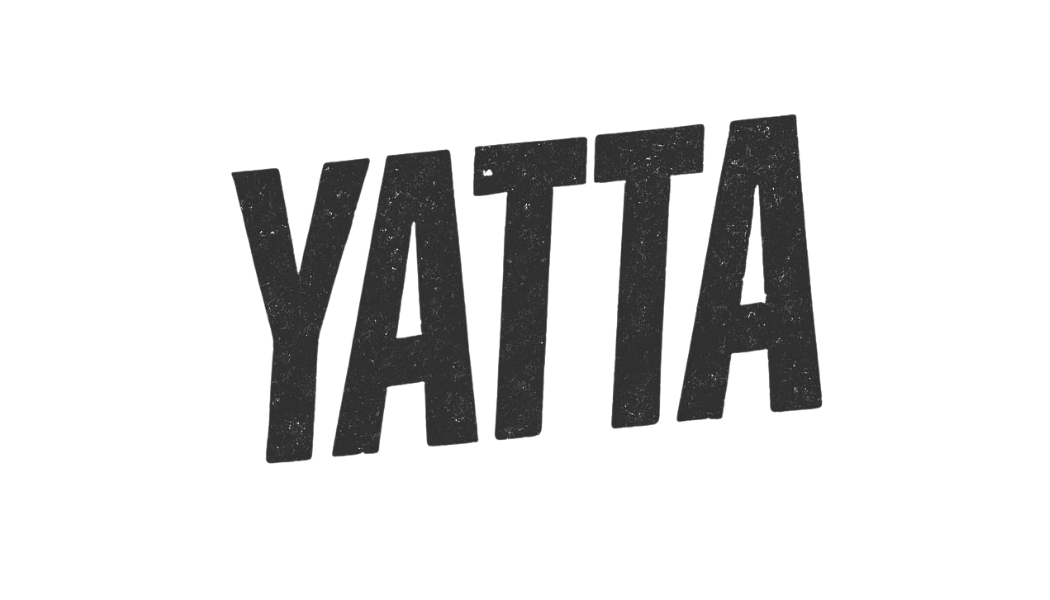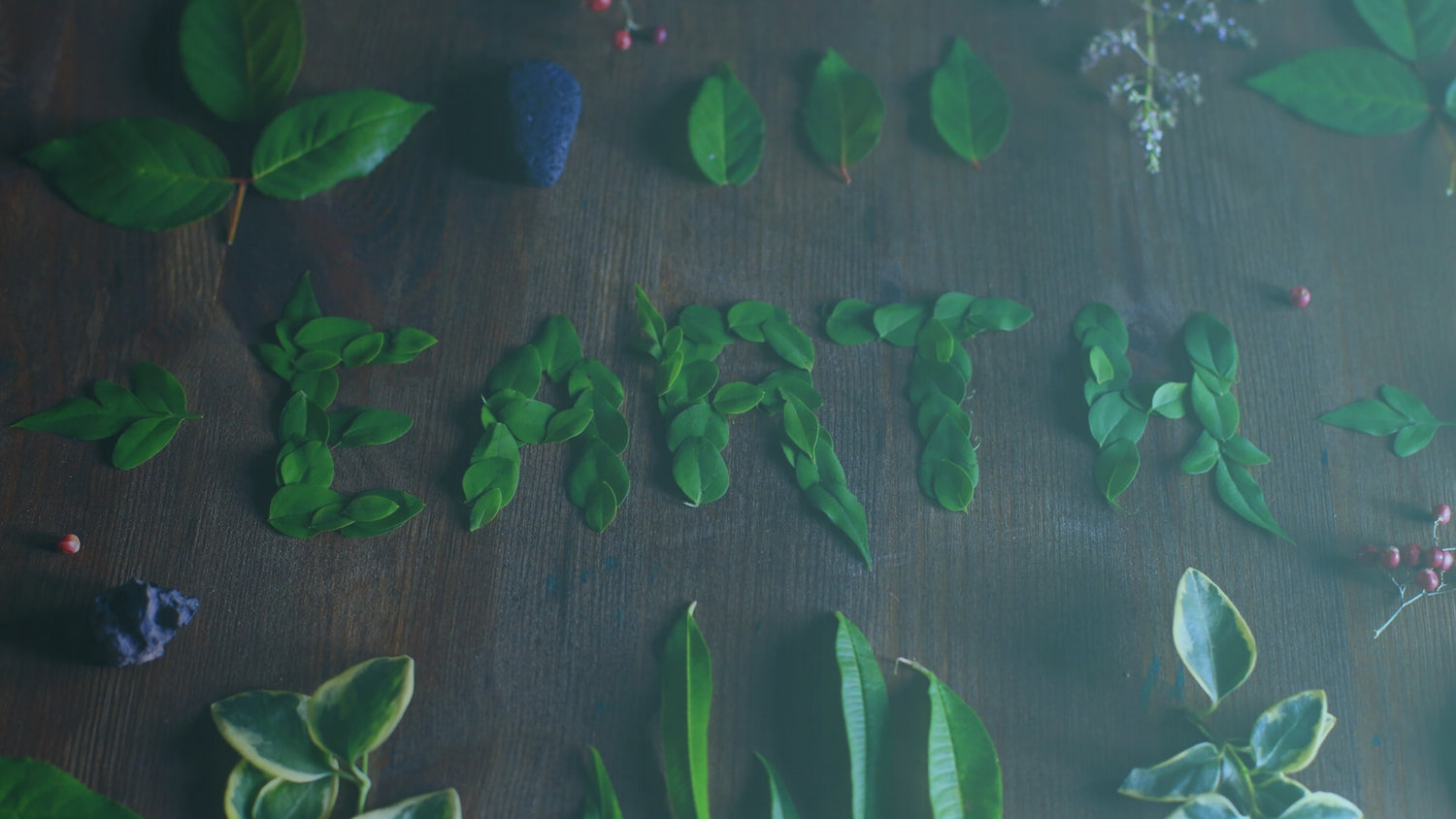
Do you know that your household waste is one of the main reasons why there's been a tremendous increase in environmental pollution? It's time to change your disposal habits and start recycling the non-bio degradable products you use at home such as food cans, empty soda cans, plastics, paper, etc. Recycling is quite simple, however, in case you have no idea on where to start and how to go about it, here's a guide on how to recycle some of the most common household products:
Plastics and Paper
Plastics are some of the most common items in most homes and offices since they are used to pack a wide variety of products. Most people have a habit of disposing of the plastics in the bin after exhausting the products packed in them which leads to environmental pollution. Plastic containers that contain non-toxic products can be washed thoroughly and used to store household products such as liquid detergent. Used papers on the other hand, such as newspapers can also be recycled to make other paper products such as tissue paper.
Glass
Did you know that glass (even broken ones) can be recycled and used to make other glass items? Depending on the product that was packed in the glass containers, you can also wash them and use them to store your kitchen ingredients. Alternatively, you can also give them out to glass recycling companies instead of throwing them in dump sites.

Metals
Just like plastic containers, metallic cans can also be washed and used to store different household products. However, most metals rust when they come into contact with water. Therefore, the best alternative is to issue the cans to the companies that recycle metallic products.
Advantages of Recycling:
1 Protects the environment and animal habitats
Disposing of waste in landfill sites has an adverse impact on both plants and animals. If the waste ends up in water, it affects aquatic life, and when it's burnt it releases toxic gases which affect both plants and animals, and their habitats as well.

2 Conserves natural resources
Recycling helps in conserving the natural resources used in the manufacture of the products we use. The habit of disposing of every product after use leads to increased demand for raw materials. As the demand for raw materials increases so does the rate of environmental encroachment.

3 Global warming and pollution
Most of the wastes that end up in landfills and dump sites are disposed of through burning. However, when the waste is burnt, it releases CO2 into the air which continues to have adverse effect : the global warming. If every household recycles their waste products, then no waste would be burnt in landfills and dump sites.

Here's a quick guide on what you can and cannot recycle. This guide was sourced from ottawa.ca. It is important to note that there are different recycling rules in every city. Although the items you can and cannot recycle remains the same. When you make recycling a part of your routine you'll become a pro at it in no time :)
1) BLUE BIN CONTAINERGlass
- Empty bottles and jars
Metal
- Metal cans
- Soft drink cans
- Jar lids
- Aluminum containers (clean or food soiled)
- Aluminum foil (clean or food soiled)
- Empty paint cans with lids removed
- Empty aerosol cans (hairspray, paint, whipping cream)
- Spiral-wound canisters with metal ends (frozen concentrate cans, potato chip tube)
Plastic
- Food and household containers numbers 1 to 7
- Take-out containers, bakery and produce containers (clam shells)
- Pails (remove metal handle)
- Planting trays
- Flower pots
- Single serve yogurt containers
- Clear plastic egg cartons
- Plastic bottles, jars and jugs
- Tubs and tub lids (yogurt, ice cream, margarine containers)
Cartons
- Milk and juice cartons
- Drink boxes
- Soup boxes
Empty Alcohol Containers
Empty wine, beer and spirit containers greater than 100 ml purchased in Ontario must be returned, for refund at The Beer Store.
2) NON-RECYCLABLE
Place these items in your regular garbage.
Glass
- Ceramics such as dishes, cups and pottery
- Other glass such as drinking glasses, window glass, light bulbs, and mirrors
- CFL bulbs (compact fluorescent) can be returned to a Take it Back! partner or a Household Hazardous Waste Depot
Metal
- Metal clothes hangers
- Scrap metal
- Chip bags
Plastic
- Styrofoam containers and packaging
- All plastic bags
- Hard plastics such as dishes, cups, toys, make-up jars, laundry baskets
- Motor oil containers
3) BLACK BIN CONTAINER
- Newspaper and flyers
- Magazines and catalogues
- Corrugated cardboard
- Telephone books
- Cereal and cracker boxes (remove plastic liners)
- Shoe and laundry detergent boxes
- Writing and computer paper, paper pads
- Hard and soft cover books
- Paper egg cartons, toilet paper rolls and paper towel rolls
- Gift wrapping paper and greeting cards
- Clean paper shopping bags or paper packaging
- Frozen dinner boxes
- Clean pizza boxes
4) GREEN BIN/COMPOSTABLE
- Waxed paper
- Food soiled pizza boxes
- Other soiled paper products
- Tissues and paper towels (soiled or clean)
- Coffee cups (wax lined)
- Use a small, specially-designed kitchen container to collect organic materials including kitchen scraps (vegetable, fruits, meat, fish, bones, dairy products, coffee grounds and filters).
- Cereal and cracker box liners, chip and cookie bags and canisters
- Chocolate bar and candy wrappings
- Wooden clementine and orange crates
- Foil wrapping paper, bows, ribbons
- Paper and cardboard lined with foil
- Fast food drink cups (plastic)
I hope you found this helpful and gives you the motivation to start recycling :) It can seem complicated at first but if you make it a part of your everyday routine, this will become second nature to you. Have fun recycling!




Leave a comment
All comments are moderated before being published.
This site is protected by hCaptcha and the hCaptcha Privacy Policy and Terms of Service apply.